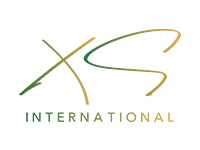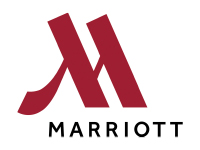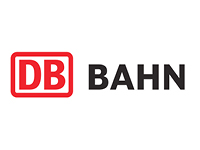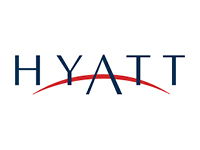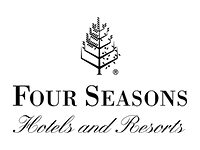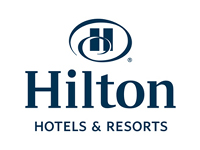
Business Customs and Etiquette In Nigeria
By Sean Mahon
With a population over 140 million, 250 different ethnic groups and over 500 different languages, the magic of Nigeria’s culture speaks for itself. The western African country’s business environment is booming and welcomes endless business travellers each year. Although the majority of big businesses operate in the major cities of Lagos, Abuja and Port Harcourt, the demand in the smaller towns is growing tremendously. With productive and prosperous businesses offering ample opportunities to invest, it is important the certain customs and traditions of the country should be followed to ensure the very best success.
Even though most ethnic groups prefer to communicate in their own languages, English is the official language and so is widely used in education, business transactions and official purposes. Nigerians living in the south of the country tend to speak more directly and you may find their tone slightly louder than you may be used to. Generally, they are outgoing and friendly; communication commences with polite inquiries into the welfare of the person and their family, as such social niceties are important to build a rapport.
Here, people prefer to develop personal relationships prior to conducting business, therefore during your first meeting you should expect to devote a decent period of time getting to know them on a personal level. This may take as long as two hours for an initial meeting but any attempt to bypass this protocol may impede your business arrangements.
Handshakes are the most common greeting, although you must wait for a woman to extend her hand first. Titles are extremely important; business associates should be addressed by their honorific, academic or professional titles followed by their surnames. You should only refer to an associate by their first names once you have been invited to do so. The etiquette of giving and receiving business cards is quite strict; it is demanded that you receive or present them with either two hands or just the right hand – never with the left. It is unacceptable to write on your business cards; if your information changes prior to your trip it would be wise to order new ones before your depart. Always study a received card before putting it away as it is seen as a sign of appreciation and respect.
When presenting your business case try to avoid using hyperbole or making exaggerated claims case as Nigerians are naturally suspicious of a deal that sounds too good to be true. Also, if you are travelling and working within a team, then all members should present a united front at meetings, as any disagreement between members will be interpreted as a serious issue. Additionally, if you plan to work from an agenda, it would be prudent to send it in advance of the meeting, allowing them to follow the agenda point by point and enabling them to consult with key stakeholders and colleagues prior to your meeting.
Generally, Nigerians live and work at a more relaxed pace than you might be used to. Punctuality is valued, but sticking to schedules is less important than an individual’s particular situation. Also, due to the erratic traffic conditions, being on time can get quite hard. Patience is a virtue you will sorely need in Nigerian businesses. It is often wise to schedule important meetings well ahead and to call in the day before to confirm
Share this article:








